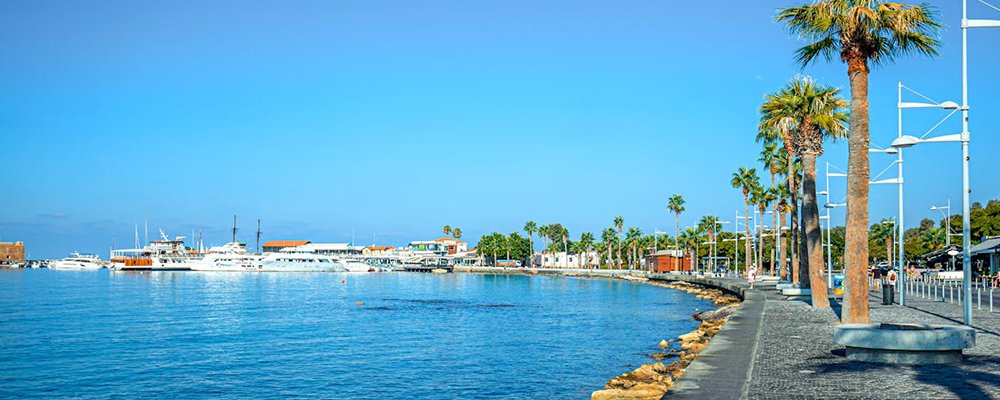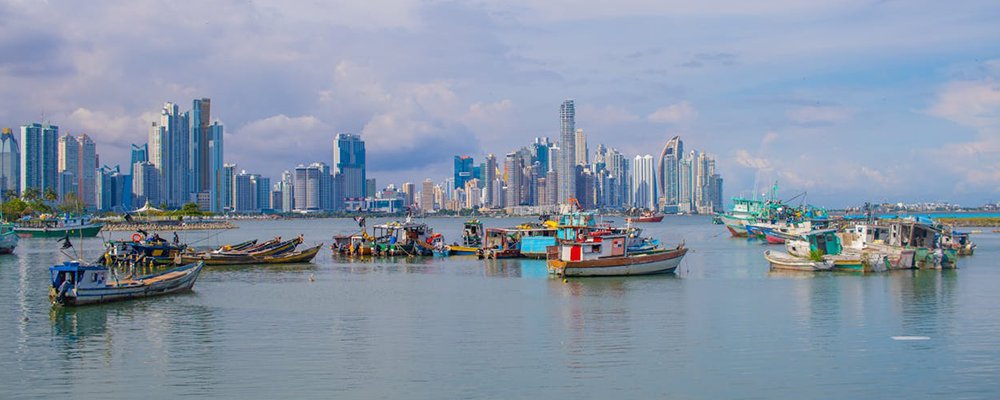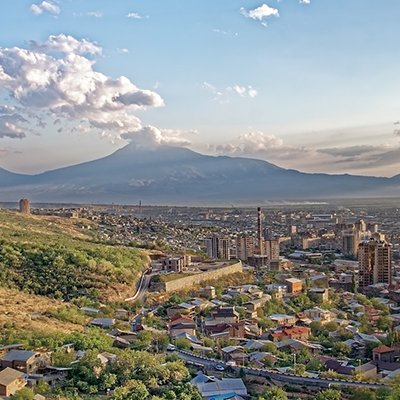The desire and dream to become a digital nomad—to work and live remotely without the 9 to 5 grind—has become a global phenomenon. Many professionals are now opting to get on a plane, pitch up in a beach paradise or a foreign city with good Internet connections, and take their working lives from there.
Countries are now quickly gearing up after the Covid years to meet the demand that workers seek in moving seamlessly across borders by offering lucrative visa schemes or ensuring that the framework for a digital visa is as competitive as its neighbors. Here’s a rundown of some of the countries known to be offering a digital nomad visa scheme:
Bali, Indonesia: This destination is a favorite for young backpackers and digital nomads due to its laid-back culture, exceptional beaches, and culture. Applicants can apply for a Social or Cultural Visa, which is valid for 60 days and can be extended twice for an another 60 days each. The cost ranges from $295-$650 and applicants have to show proof of funds of $140,000.
Croatia: Its Digital Nomad Residence Permit costs $73 for the visa and an additional $66 for a temporary residence. A worker must earn at least $2,658 monthly, while the visa can run from six to 12 months. It is understood that those on a visa will not be charged income tax.
Cyprus: Its Digital Nomad Visa allows nationals from non-EU and non-EEA countries to reside temporarily here. The scheme expanded from 100 permits to up to 500 visas recently. The cost is $78, and to be eligible, you need to earn $37,000 per year. The visa is initially for a year but can be renewed for two more years.

Dubai: Based in the Middle East, it is also considered one of the most forward-thinking places on the planet. It offers a Remote Working Visa Scheme, which costs between $81-$287, depending on conditions, for up to one year. Applicants must earn at least $5,000 a month.
Estonia: This country was the first to introduce the digital nomad visa in 2020. It offers two options: a short-stay visa or a long-stay visa. A short-stay is available for three months for $85, while the long-term visa, for up to 12 months availability, costs $105.
Greece: Their visa, costing $79, is available for one year and extendable for up to two years. However, you must be earning $3,690 per month, and applications can be made via a Greek Embassy or Consulate. The visa enables you to travel within the Schengen area.

Malaysia: The country has introduced its version, the DE Rantau Nomad Pass, and it offers remote workers the opportunity to stay and work in the country for up to 12 months.
Malta: The Mediterranean island country’s digital nomad visa enables remote workers to stay for one year. The cost is $316, and you need to earn $2,850 a month to qualify. You can apply for a visa to stay in Malta for up to two years.
Mexico: Digital nomads will find the country offers a temporary residence permit for between six months and four years. Depending on the visa’s length, costs range between $150 and $350.
Panama: An intriguing choice for digital nomads but a popular one, not least that a worker will not taxed for income earned from outside of Panama. The visa is for nine months, with the option of a nine-month extension, costs $300, and applicants must earn $36,000 annually.

Spain: Applicants for their digital nomad visa scheme must have been working remotely for at least 12 months and not have been a Spanish citizen for the past five years. A visa will cost $265, and income requirements are that a minimum of $2,215 per month is earned. The visa runs for a year, but you can reapply up to a maximum of four times.
Vietnam: For many of a certain age, the country is renowned for the Vietnam War in the 1960s and 1970s. But more modern-day remote workers are favoring this destination because there is no visa for digital nomads. A tourist visa is available for three months on arrival, and multiple entry costs $50. There are no minimum income requirements and relatively few conditions.
Conclusion: While this is not an exhaustive list, digital nomads excel at doing their research first and finding out as much as possible about their chosen country to relocate to. Smaller nations, such as Sri Lanka, Mauritius, and Seychelles, are looking at their digital nomad visa schemes, so paradise will continue to beckon for most. So research and check any visa conditions before committing to a stint in your chosen idyll.
 Andy Probert is an experienced freelance business travel journalist and PR specialist.
Andy Probert is an experienced freelance business travel journalist and PR specialist.















